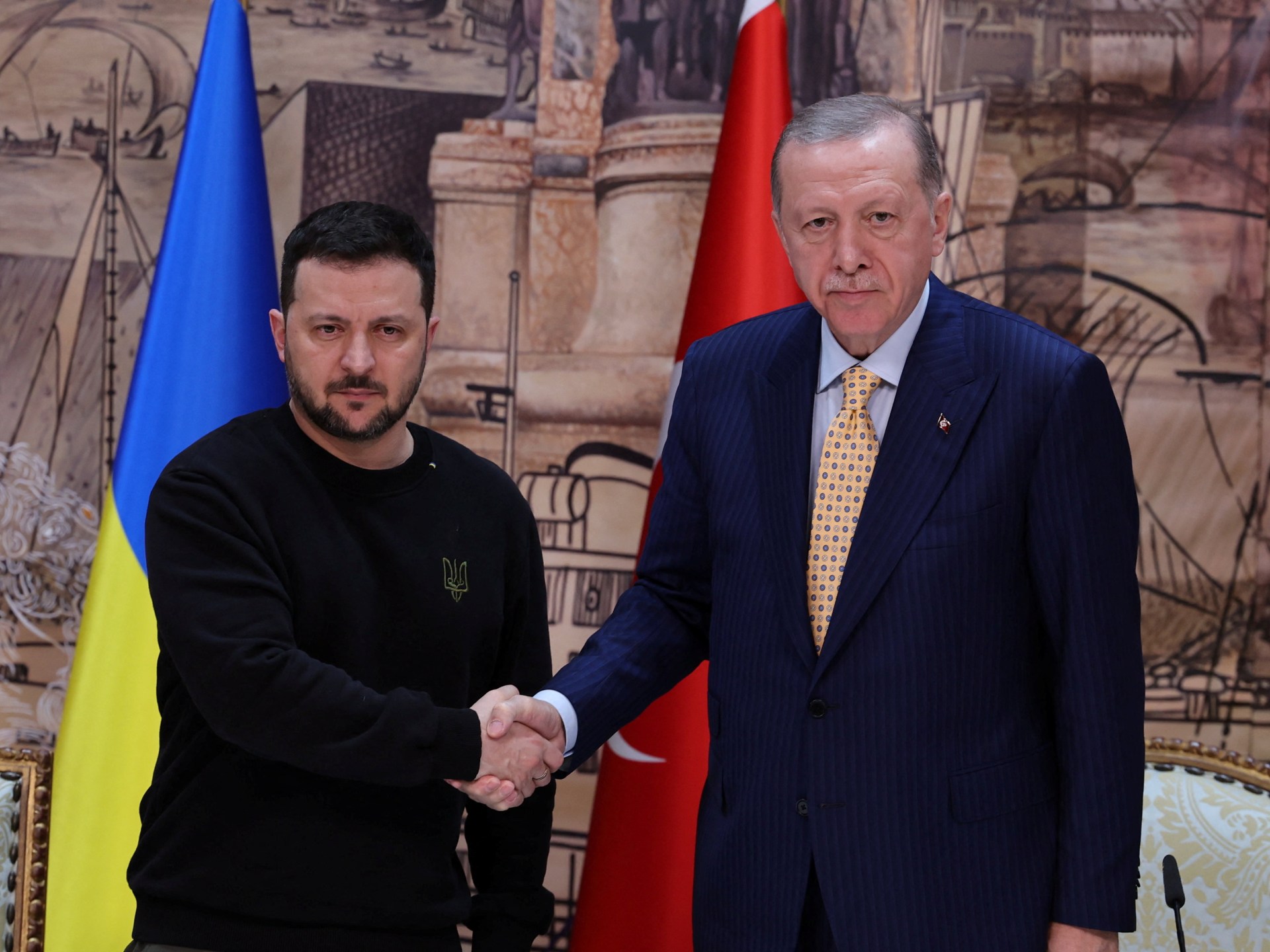High Stakes Istanbul Talks: Russia and Ukraine Consider Next Steps to Resolve Conflict

High Stakes in Istanbul: Russia and Ukraine Consider Next Steps Toward Resolving Conflict
Fresh developments have taken center stage as both Russia and Ukraine signal openness to another round of public discussions aimed at addressing the ongoing hostilities. Plans are taking shape for new consultations to take place in Istanbul as early as next week.
The latest initiative follows President Volodymyr Zelensky's public declaration that Ukraine has formally proposed resuming talks in the near future. Turkish President Recep Tayyip Erdoğan has likewise underscored Turkey's ongoing readiness to host the discussions – leveraging both the country’s connections and its unique diplomatic position. These talks come against the backdrop of persistent calls for a direct encounter between heads of state, though previous meetings have largely involved delegations rather than leaders themselves.
Historical Context of Peace Initiatives and the Role of Istanbul
The prospect of Istanbul playing host is not without precedent. Previous sessions held in the Turkish metropolis have marked key moments in the diplomatic calendar, often providing a relatively neutral setting. March 2022 saw one of the most prominent attempts at a resolution when delegations converged to address a complex agenda: questions of security assurances, neutrality, and territory formed the core points of discussion. At that time, ideas such as a temporary cessation of hostilities and potential compromises on international alignments surfaced but yielded no breakthrough. Despite efforts, the stringent demands and non-negotiable positions from both camps underscored the deep-seated differences that persisted.
Recent months have further highlighted Istanbul’s recurring relevance in these efforts. In June, another engagement took place, where Ukraine advocated a prolonged pause in fighting as part of its bid for broader de-escalation. Conversely, the Russian side countered with suggestions limited in both scope and duration, ultimately precluding consensus. Notably, neither side has so far committed to negotiations at the very highest political level; while the Ukrainian leadership has expressed openness to direct talks, the Russian approach has favored the involvement of appointed representatives.
Current Drivers and Potential Friction Points
Several elements define the significance of the newly proposed discussions. International attention remains sharply focused on potential progress, with both supporters and observers tracking specific terms such as ceasefire, territorial integrity, and guarantees of security. The positions adopted by each side reflect their underlying goals: Kyiv consistently emphasizes the restoration of sovereignty and non-compromise on territorial claims, while Moscow’s stated priorities center on security arrangements and recognition of existing realities.
Throughout these deliberations, Turkey has acted as an intermediary, highlighting its diplomatic leverage as one of the limited number of nations maintaining substantive links with both parties. Its sustained engagement, as well as the readiness of President Erdoğan to facilitate a high-level platform, are viewed as factors that could positively shape the environment for renewed dialogue. However, previous rounds have demonstrated that even when a venue and a format are agreed upon, progress is ultimately determined by the willingness to negotiate foundational issues.
Implications and Next Steps
With the official Ukrainian offer and apparent Russian interest in a meeting, discussions in Istanbul could provide a renewed opportunity to address the most pressing questions associated with the conflict. Core terminology that frames the talks – such as truce, withdrawal, security framework, and international oversight – illustrates both the complexity and the stakes involved.
The upcoming week will therefore be closely watched by concerned parties, analysts, and the broader international community. Outcomes from these exchanges may affect not only immediate dynamics but also the long-term prospects for stability and peace. All eyes are now on Istanbul, as preparations for potentially pivotal talks unfold, and the world waits to see whether the parties can move beyond stated positions and make tangible progress toward resolving one of the most enduring challenges on the current global stage.
